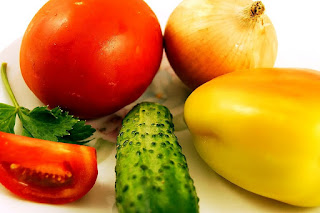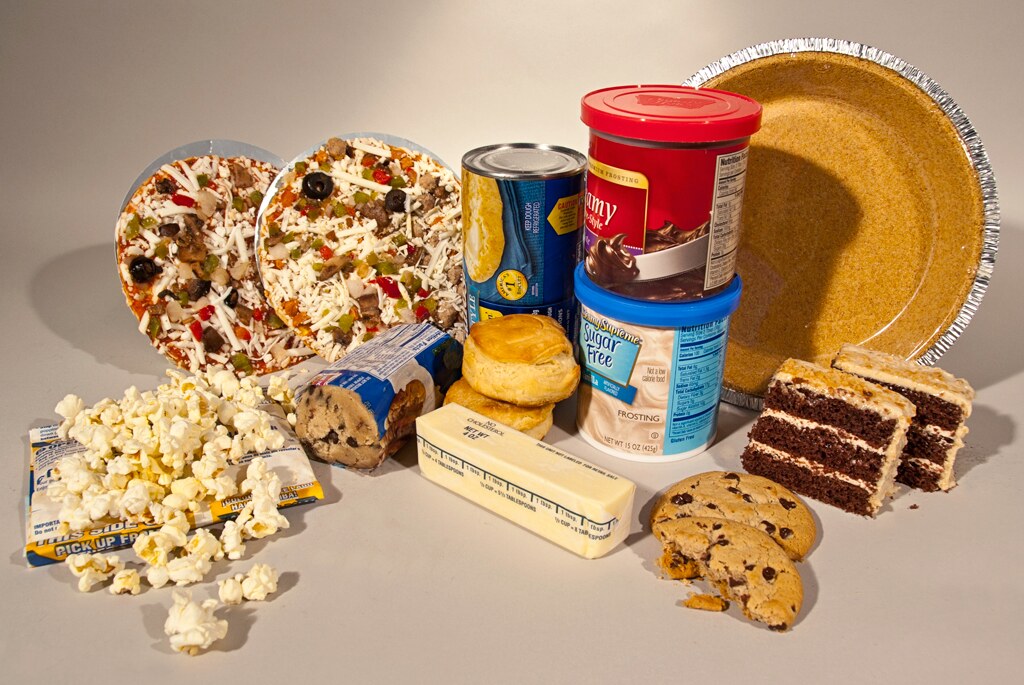It seems nowadays that more people are interested in knowing exactly what is in the foods and other products we are consuming. National grocery retailers are making space on the shelves to carry more organic, local, and sustainable products, but that only makes up a small part of the estimated 10,000 products available. According to recent Census data, nearly half of the residents of the United States fall into the “low-income” category. As someone who grew up in a low-income household where we had to rely on food stamps and who is now working my way through college, I know firsthand that natural products are not always attainable.
Unfortunately, natural and organic products tend to be more expensive than processed and boxed foods, forcing that lower-income half of the population to rely on non-organic options. Many of those foods contain an ingredient called Butylated Hydroxyanisole, more commonly known as BHA. BHA is a petroleum-derived food additive that is used as an antioxidant and preservative. It is added to foods including lard, instant mashed potatoes, ice cream, pastries, boxed cake mixes, shortening, cereal, and potato flakes to keep them from oxidizing. The US National Institutes of Health states that BHA is “reasonably anticipated to be a human carcinogen based on evidence of carcinogenicity in experimental animals” while the Food and Drug Administration classifies BHA as GRAS or “Generally recognized as safe”. Without further testing on human subjects, we cannot be sure whether or not BHA is a cancer-causing substance.
How can you keep you and your family safe from petroleum-derived BHA and how can you do that when you can’t always afford organic food? The best way is to read the labels and only buy food that does not include ingredients like BHA. It might also require you to learn how to make mashed potatoes from scratch, for example, instead of reaching for a box of BHA-laced instant potato flakes. Educating yourself on which ingredients to avoid will give you knowledge that you can then share with your family and friends, who can then share the information with their families and friends. Until further research is done on the effects of BHA on humans, it’s probably best to avoid it in your food completely.



No comments:
Post a Comment